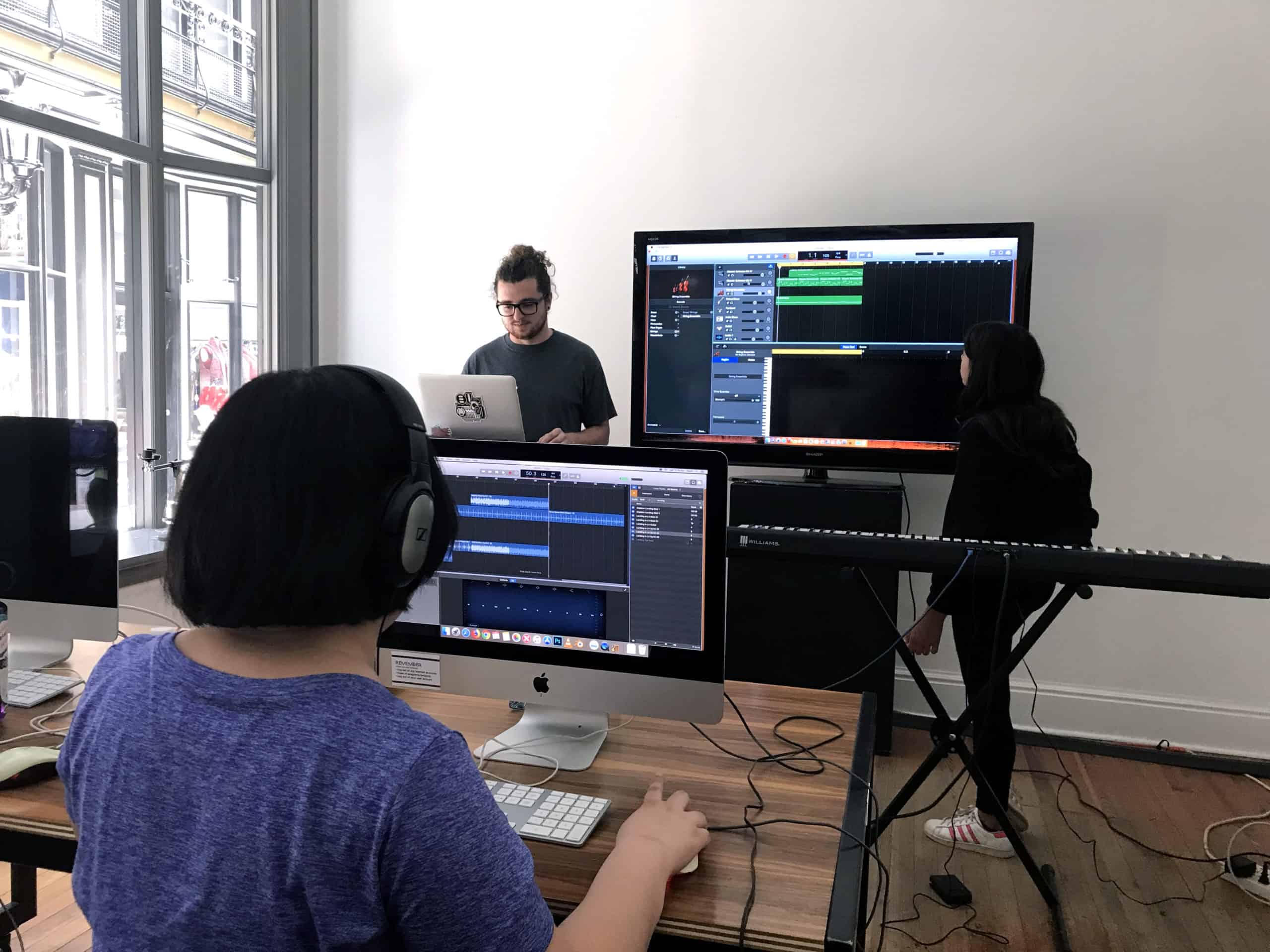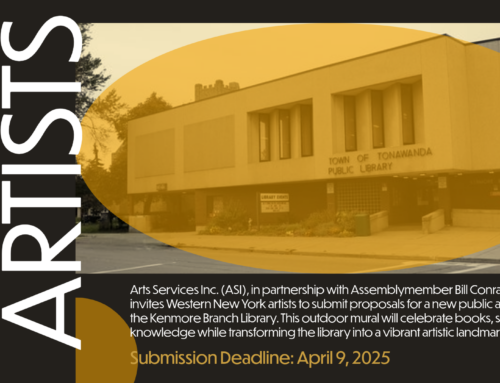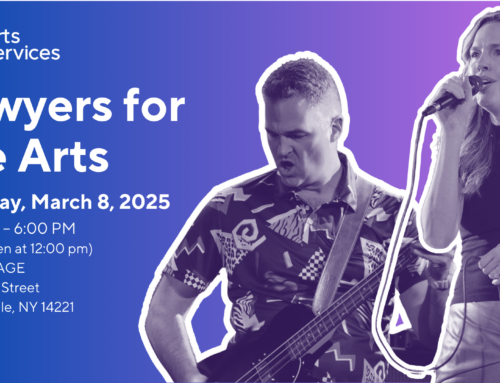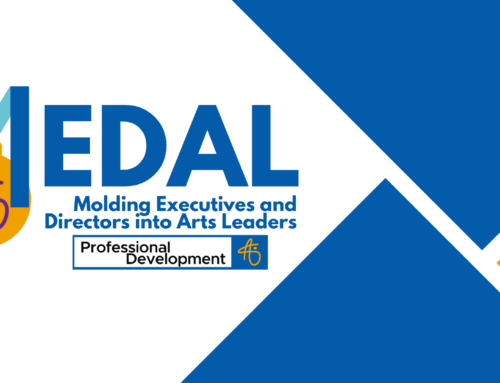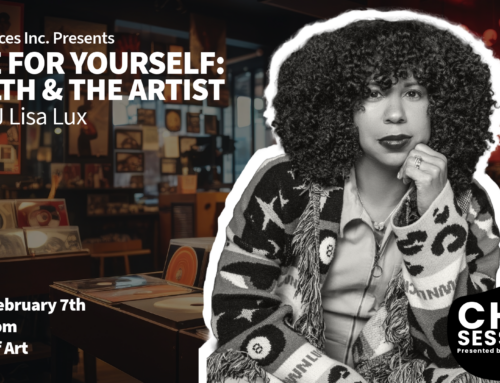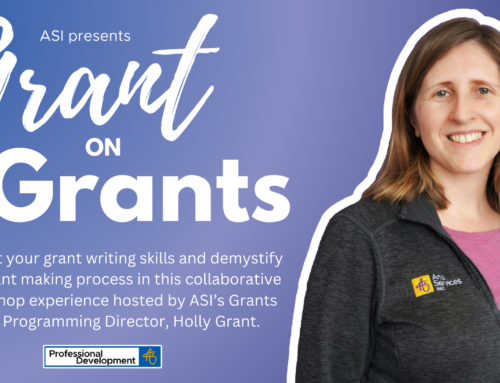As part of our 2020 resolution to ignite conversations related to accessibility, diversity, inclusion, and equity in Western New York, every month ASI will spotlight a new local leader in the arts whose initiatives are creating important and lasting impacts.
Squeaky Wheel Film and Media Art Center has a mission to continue a legacy of innovation in media arts through access, education, and exhibition. This summer, alongside their partners at the Buffalo Center for Art and Technology, Squeaky received ASI’s Global Warming Art Project grant funding to support the work of sixteen young creatives and their production of an experimental documentary focusing on the climate crisis. Now, their efforts turn toward individuals with autism spectrum disorder. We sat down with Education Director Kevin Kline to learn about their new program, Digital Arts and Technology Access (DATA).
Tell me about DATA, including how the idea was conceived.
DATA is our new initiative to provide media arts programming that centers on the needs of young makers with autism spectrum disorder. We aim to create a safe and creative space for students to experience various digital technologies and ideas to not only broaden their potential future paths but also to provide them with more ways to express themselves and communicate their perspective.
The idea was conceived when interacting with parents who have children on the autism spectrum. They were looking for a safe space that would be understanding of their children’s needs and encourage them to cultivate their interests. Talking to them helped to shed a light on the lack of opportunities for children with autism. Early in 2018, Jana Mertz, who is the program coordinator for the Children’s Guild Foundation Autism Center Oishei Children’s Hospital, approached us about developing some workshops that would fit the needs of this community. After two successful pilot workshops in which we covered digital animation and music production, we decided to make this a more accessible and ongoing program. Initially the cost of providing the program was a burden to the families of the students, but we’ve worked to remove that barrier. With support from the Flutie Foundation and partners like Jana, we are now making this program a reality.
Which qualities of media arts make them an effective art form to share with those who have autism?
The plasticity of media arts and the ever-evolving ways you can combine, remix, and refine work make the medium endlessly engaging. At its heart, media arts is just another form of storytelling, which is an age-old practice for all of us. The need to express your perspective or experience of the world is very important, especially if your perspective is informed by experience that is commonly misunderstood or underrepresented.
What impact have the arts had on your life? How has that informed your practice as an arts administrator?
I grew up in a rural part of Pennsylvania, where I had little to no access to the arts or art education. I was lucky to have a mother who was passionate about young people receiving artistic experiences, and she worked to find ways to provide them for me, including cobbling together still-life drawing lessons with an older woman way up in the hills. I mostly had to create my own educational experience in the arts, though, which I consider very formative. Today, I find myself not only supporting new spaces for young people to engage in creative spaces and experiences, but I am also the person on the other end of the phone when a parent calls looking for customized opportunities for their kids. I love having the opportunity to say “Yes! There is a place for them!” I am lucky to do this work and build upon what I believe is most valuable about creative practices: sharing experiences with others.
How has your mission and vision for Squeaky Wheel’s education programming evolved over the last six years since you joined?
More than I can fit here, for sure. The main thing has been completely rethinking everything I know about education and access. I’ve come to the realization that all of the wonderful things that are out there to learn and experience mean nothing if there are barriers or restrictions to those moments. To combat this, we have to do the work of acknowledging that we don’t know everything and working with those with whom our programming interacts. Figuring out what is best for them means listening and trying to understand what might be standing in the way of them accessing what they need to thrive.
Are there any individuals, organizations, or programs within the Western New York community or beyond who have influenced or helped to shape your vision for this program? Is there anyone you’d like to shout out?
There are so many organizations and individuals who I have been lucky enough to learn from. For this program, Jana Mertz from Children’s Guild Foundation Autism Center Oishei Children’s Hospital has provided the guidance and enthusiasm that have been instrumental in bringing DATA from an energetic conversation to a live and functioning program. There are tons of great organizations out there doing the good work of providing access and reducing barriers because they believe in the art and practice in which they work. I would like to shout out Noah Falk and Robin Jordan from Just Buffalo Literary Center for always being great collaborators and sounding boards. Da’Von McCune whose dedication to supporting youth has always inspired and encouraged me. Lastly, my colleague Martina LaVallo here at Squeaky Wheel who helps me bring this and many other programs to these communities. There are so many more, but this is a newsletter and I need to be considerate of this reader’s time!
With regard to accessibility, what kinds of things would you like to see from your fellow arts and cultural organizations in Western New York? What can our community do better?
First, we are lucky to have the creative and community-based ecosystem that we have here in Buffalo and the broader Western New York area; if you’re looking to connect, there’s always an organization ready and willing to support your efforts. I would like to see more arts and cultural organizations supporting outreach initiatives and collaborations related to accessibility, as well as taking the risk of time to create more opportunities and make a finer mesh of perspectives. Sometimes it’s hard to take a moment to consider the little things that could accommodate individuals when you are creating programming for so many, but those moments are ones that will only ensure that, no matter what, there is a place for everyone to create.
Learn more about Squeaky Wheel and DATA at the organization’s website.

